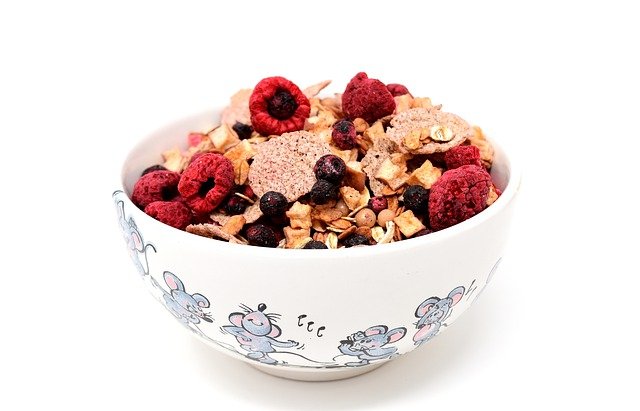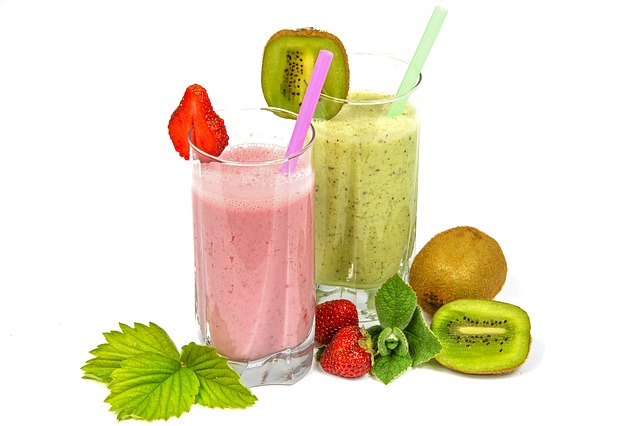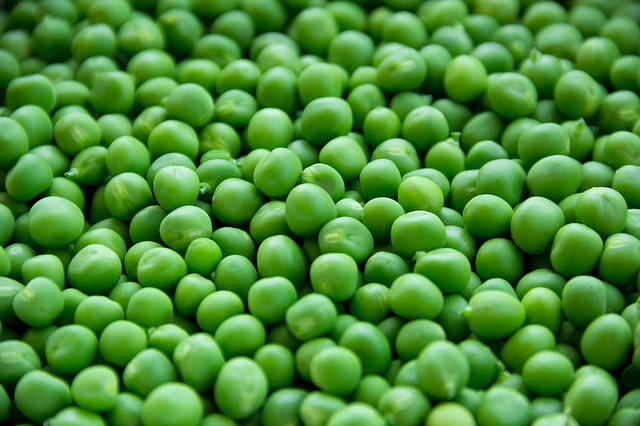The powder formed after the previous procedure is then added to waffles, sports drinks, nutrition bars and protein shakes. These are just one of the results of pressure from the world\’s largest agricultural companies to find alternative plant-based proteins that will serve as food for people and livestock around the world “Peas are a promising raw material when you think about where the future is going,”said David Henstrom, Vice president of Cargill.
Pea is an ideal and modern American dish in many ways because it is rich in protein, plant-based and gluten-free. While the market remains relatively small, demand for pea powder and other early protein sources is growing, from the Chinese middle class and conscious citizens of California to livestock owners and fish farmers who need to feed animals on an increasingly limited budget.
Cargill and competitors such as Archer Daniels Midland and Richardson International, Canada\’s largest grain processors, are investing in specialty ingredients to achieve higher profit margins than leveraging a wider range of commodity crops such as soybeans, corn and wheat. Cargill invested an undisclosed amount in May in a joint venture with family-owned Priss, which started as a small company in Iowa and now owns a pea powder plant in Wisconsin.
The two companies are also working to increase the protein content of peas through crossbreeding, which is not yet known. ADM, a Cargill competitor, is now building its own pea processing plant in North Dakota and contracting farmers to buy and grow yellow peas. The company\’s researchers are also studying 30 potential protein sources, including nuts and seeds.
